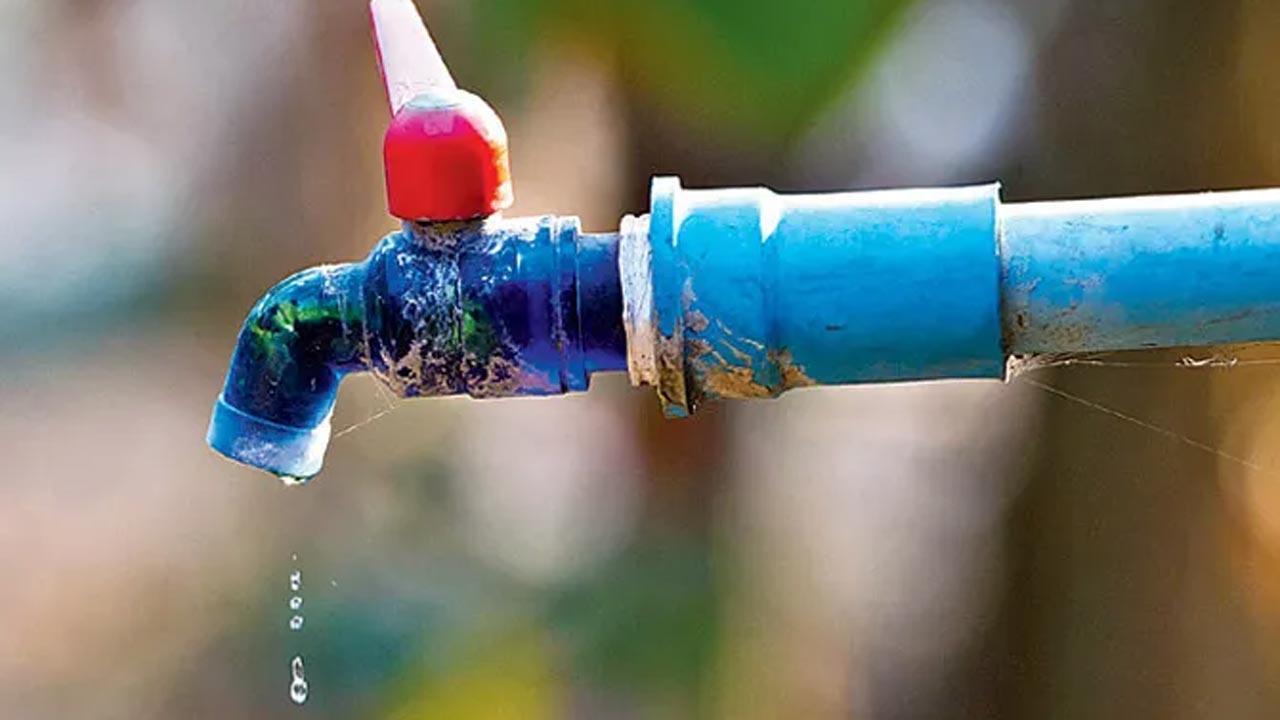Consultant appointed to study viability of treating wastewater at Colaba STP; the 3-year project aims to establish alternative potable water sources

Representative Image
The Brihanmumbai Municipal Corporation (BMC) has appointed a consultant to study the feasibility of treating effluent to obtain potable water on a pilot basis. The project at Colaba Sewage Treatment Plant (STP) will take at least three years. This is an attempt to look for alternative sources of drinking water in light of climate change.
ADVERTISEMENT
The BMC has undertaken a project for the construction and upgrading of seven sewage treatment plants (STPs) at Worli, Bandra, Dharavi, Versova, Malad, Ghatkopar, and Bhandup to treat 2,464 million litres of sewage daily under the Mumbai Sewage Disposal Project-II (MSDP). At present, the Colaba plant treats wastewater to the required standards before allowing it to be released into the nearest water source. Now the rest will be upgraded to these standards.
Additionally, a pilot project will be set up for the advanced treatment of wastewater received from the Colaba tertiary sewage treatment facility. The plant will be established at the Colaba wastewater treatment facility. “There is no clause in these contracts to make water potable. We have also appointed a consultant to provide a detailed project report on converting 12 million litres of effluent into potable water daily. After studying its feasibility, the BMC will consider setting up a plant. However, it will take at least three years,” said P Velrasu, Additional Commissioner of the BMC.
Velrasu added, “In many parts of the world, treated water is used for drinking. But the challenge is to change the mindset of people residing here. In the scenario of climate change, we cannot rely solely on one source, which is water stocks in dams collected during rainy seasons. Therefore, a desalination project or treated water in STPs will provide different sources of water.”
3
No of years it will take to complete project
 Subscribe today by clicking the link and stay updated with the latest news!" Click here!
Subscribe today by clicking the link and stay updated with the latest news!" Click here!







